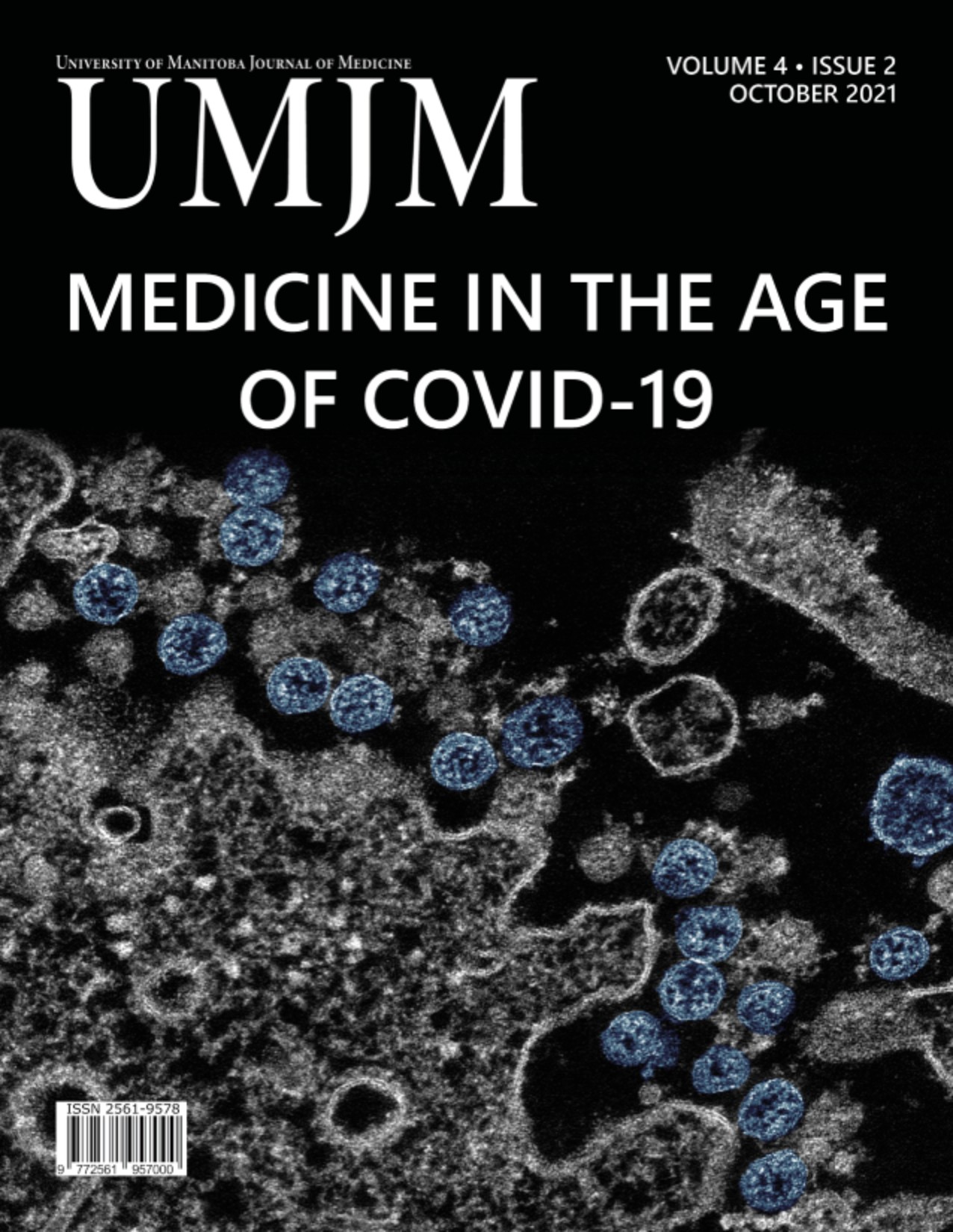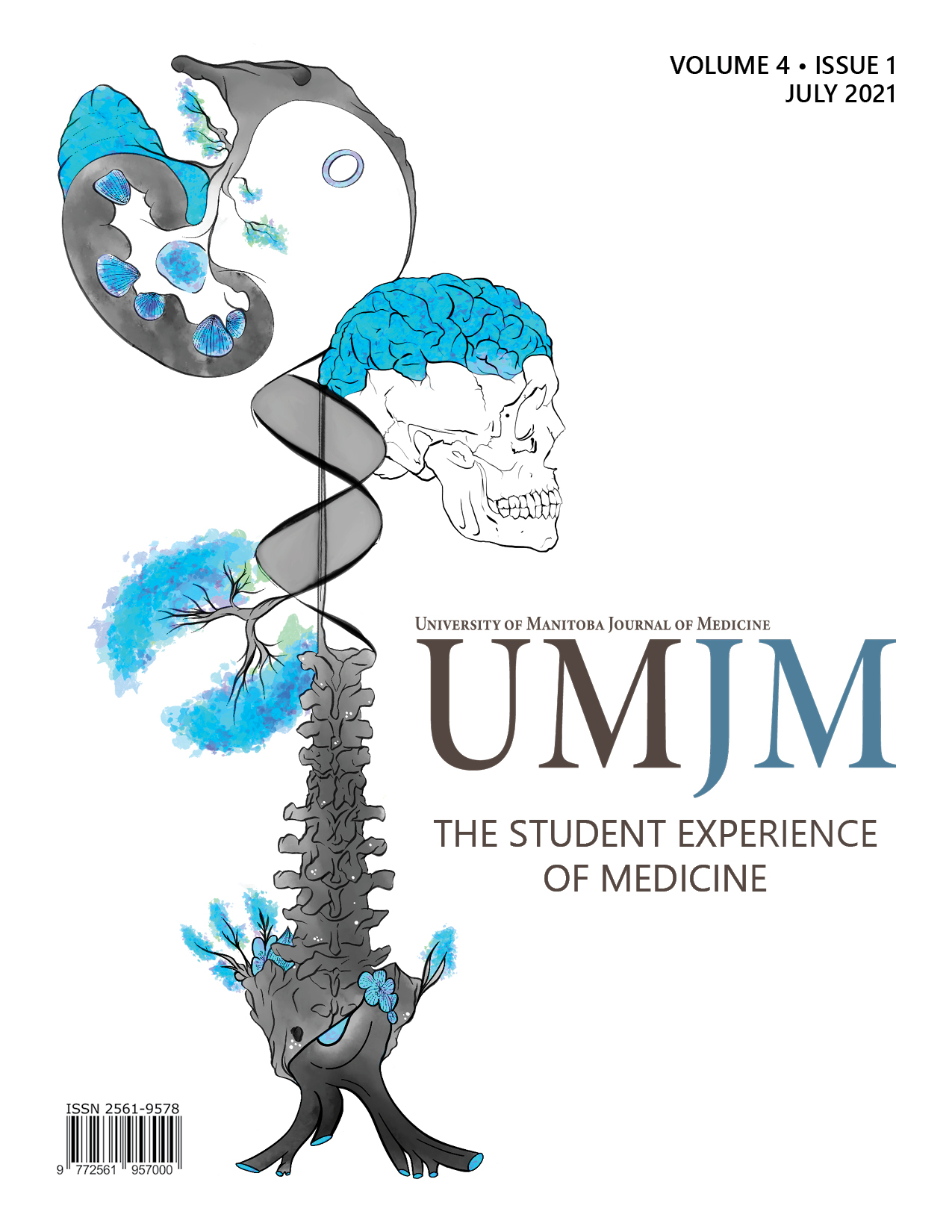Author: Anthony Wightman BA(Hons) BSc
Medical advocacy is a core component of undergraduate medical education. The importance of advocacy has been highlighted by the SARS-CoV-2 pandemic, which made social determinants of health a core part of political discourse. The relevance of medical advocacy requires an understanding of the history and political theory of medicine. This can inform future advocates, ensuring that medicine’s role in politics is effective. The goal of this commentary was to review research around medicine’s political history and theory, and the current state of medical advocacy. A literature search was conducted on PubMed, using terms including “advocacy”, “history”, “politics”, and “theory”. 39 journal articles, position statements and letters to editors discussing medical advocacy, politics, and history were reviewed. Many were specific to sub-specialty advocacy or niche historical examples of medical advocacy. 22 articles contributed to a narrative understanding of medical advocacy by establishing a historical trajectory, describing a set of normative values, or contemplating the current state of advocacy. Tracing the historic trajectory for medical politics demonstrates that medicine has not always inhabited the political role it does today. Before the form of advocacy practiced currently, medicine was governed by a responsibility to the state, not a responsibility to patients. There is contention nowadays regarding the extent that advocacy should dictate medical practice and inform physician responsibilities. Further discussion and education around the profession on the physician’s role as advocate is necessary for advocacy to be effective. This requires advocacy training with goals decided by various community members, along with an understanding of the boundaries of medial advocacy.
Keywords: medical education, history, politics, social determinants of health

 Volume 4 Issue 1
Volume 4 Issue 1